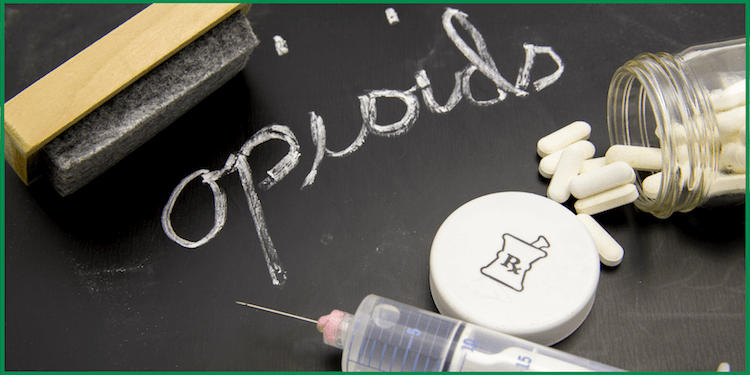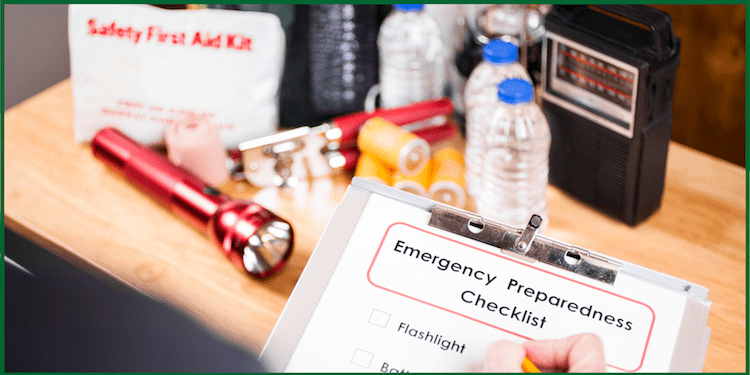Opioid drug use and overdose is the prominent cause of poisoning death among the youth. Early opioid drug abuse prevention is the key to saving young people’s lives.
According to experts, drug poisoning is the principal cause of unintentional death among humans.
The reported leading cause of death among the elderly is exposure to hazardous environmental substances and inadvertent drug or chemical ingestion.
In the United States, drug overdose is the No. 1 reported cause of unintentional death. These deaths primarily involve opioid drug usage and or overdosing on opioids – including prescription opioids, heroin, and fentanyl and its analogs.
Opioid Drug Use, Overdose, and Distribution
The illegal distribution of opioids is a felony. Those who illegally distribute opioids put humans’ lives at risk of overdose and physical harm.
Doctors and health care professionals are entrusted with prescribing such medicine as opioids responsibly and in the best interests of their patients.
Opioid-prescribed patients often develop tolerance to and dependence on the drug.
Some opioid-prescribed patients find it effortless to quit the addictive medication. In contrast, some patients find it harder to release the prescribed medicine after the initial pain is gone.
Patients unable to quit the addictive medicine are at risk of developing opioid use disorder and overdosing on opioid medication.
Pain Relief Medication Not So Good
Most people are not aware that a good amount of the prescribed and over-the-counter (OTC) pain reliever medication consists of opioids, heroin, fentanyl, and its analogs.
The main reason why some patients develop opioid use disorder without them knowing how it happened.
Alternative pain relief medication to opioid pain relief medicines are available for treatment. Ask your primary care physician and pharmacists about treatment options for pain relief medicines.
For safe practice, ask your healthcare insurance company to provide you with a Warn-Me Label against Opioid to give to your healthcare provider.
The following questions are vital to ask your healthcare provider concerning opioid medication.
- Am I being prescribed an opioid?
- If so, is there a non-addictive alternative?
- If not, is a short-term prescription possible?
- Do I have any medical conditions, mental health issues, or a family history that could increase my risk?
Opioid Drug Use and Overdose Prevention Tactics
- Disposed of Unwanted and Expired Medication
Uninformed and unaware individuals misuse opioids or get poisoned by opioids without knowing.
The passing and sharing of pain relief medication by family and friends also contributed to the illegal distribution of the controlled drug.
For safer disposal of expired and unwanted medicines, follow these FDA guidelines.
- Educate Family Members on the Use of Medicines
Enlighten both old and young household members on the misuse of medication. Never mix drugs with alcohol, sleep pills, etc.
Advise household members that using someone else’s prescribed medicine is illegal and criminal.
Keep medicines away from children; certain medications should be kept in an unattainable locked compartment for kids.
Do you enjoy this reading? Kindly share with family, friends, and colleagues. Thanks 🙂



